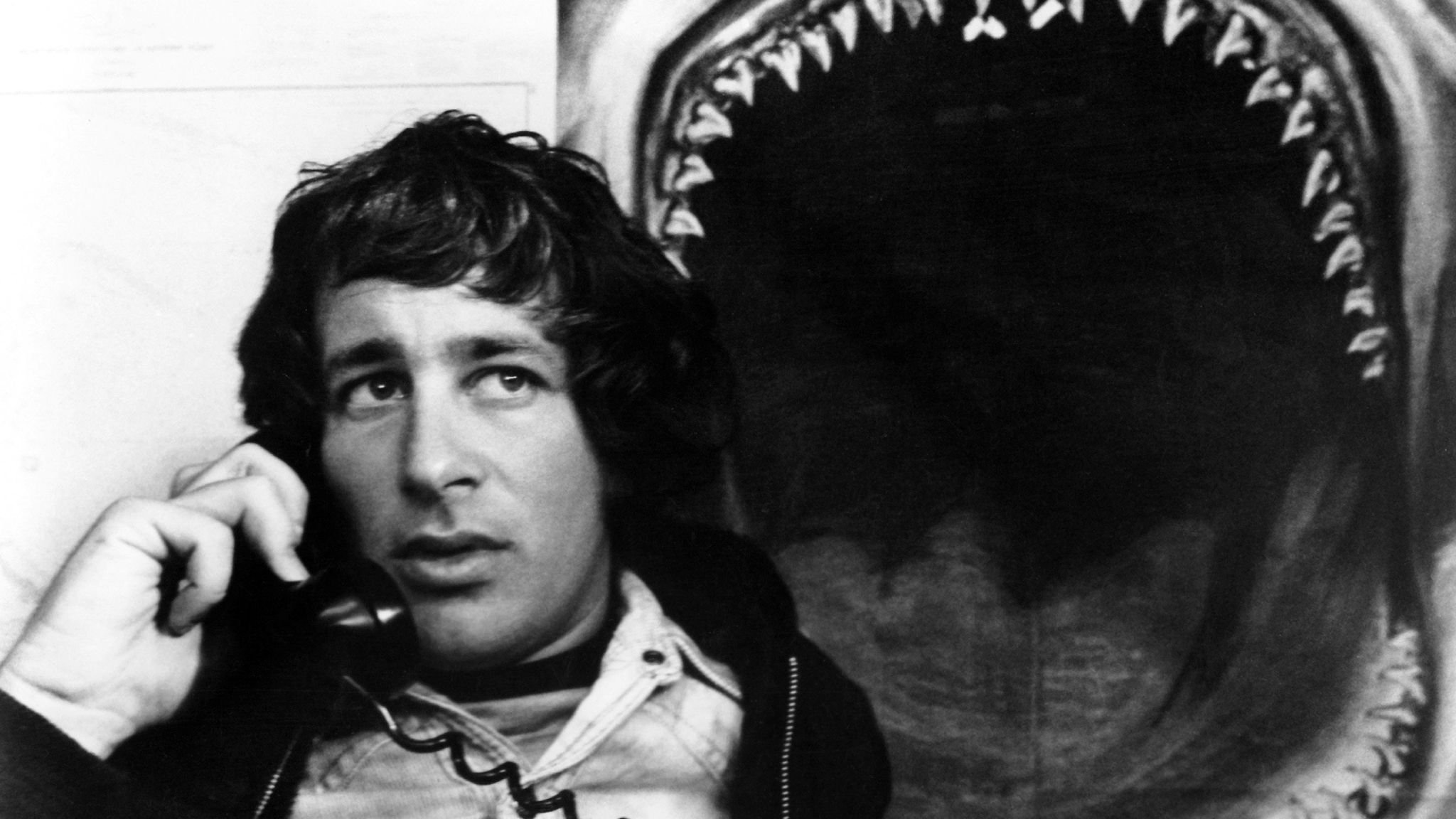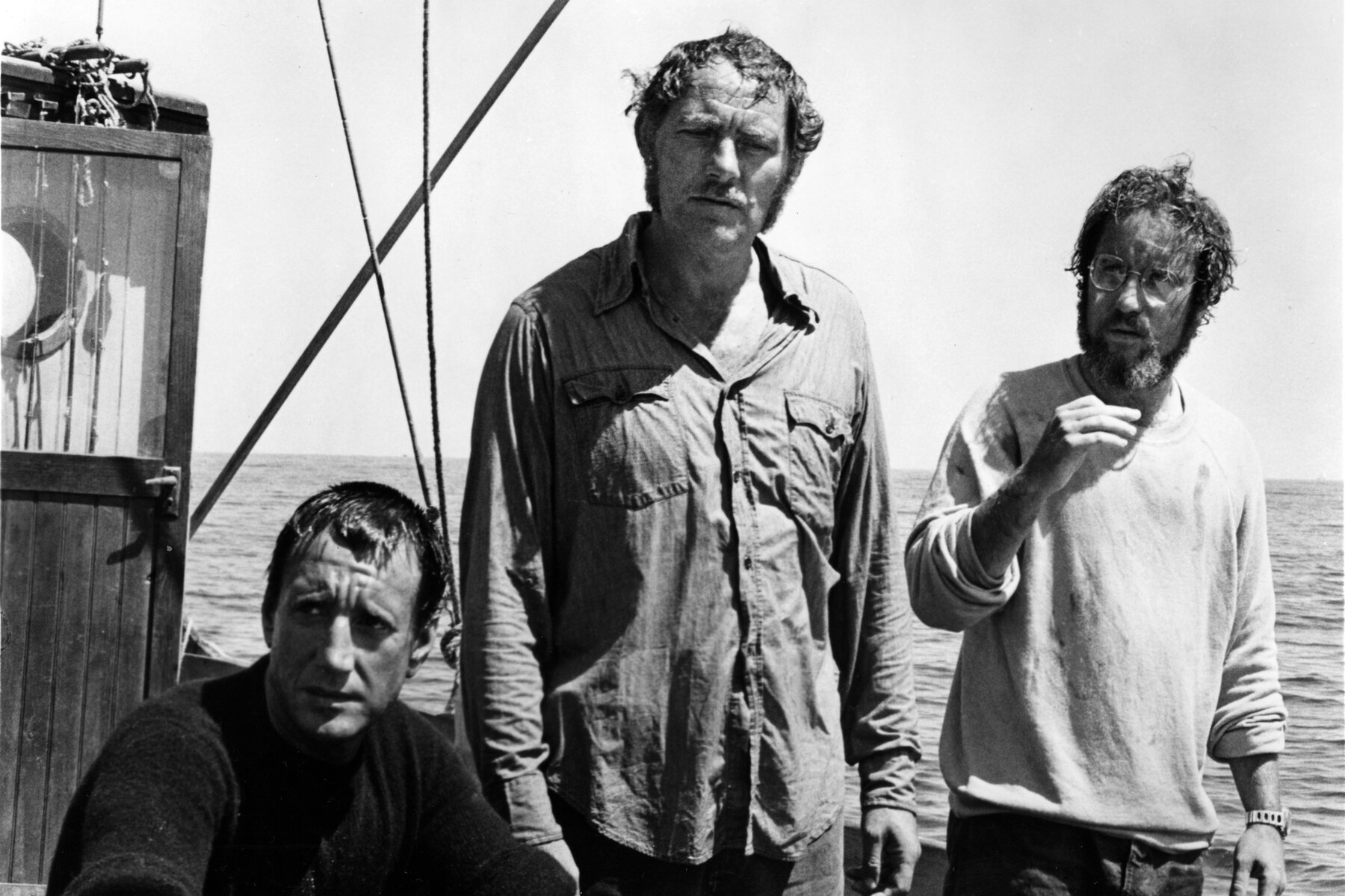JAWS: Forever Steven Spielberg’s most misunderstood film
Steven Spielberg's 1975 classic, JAWS, is often misunderstood as a straightforward "killer shark" movie. While the iconic depiction of a monstrous predator terrorizing a coastal community is central to the film, it is not its sole focus. Spielberg intended JAWS to be a character-driven drama, exploring the relationships and fears of the three central characters – Chief Brody, Quint, and Hooper. The film transcends the creature feature genre, delving into the intricate nuances of human nature and the ways people react under extreme stress. This essay will delve into why JAWS is more than just a shark hunt and how it serves as a profound study in human psychology and behavior.
At first glance, JAWS appears to center around the hunt for a great white shark. However, the film's true heart lies in its characters. Chief Brody, portrayed by Roy Scheider, is the film's emotional anchor. His fear of water, stemming from his traumatic experiences as a child, makes him a relatable and complex character. His struggle to protect the island's residents while facing his own phobia forms a compelling character arc.
Quint, played by the legendary Robert Shaw, is a man driven by obsession and vengeance, hunting the shark with an almost maniacal determination. His character embodies the dangers of unchecked obsession and the psychological toll it can take on an individual.
Hooper, portrayed by Richard Dreyfuss, is the rational and scientific voice in the story. As a marine biologist, he offers an alternative perspective, emphasizing the importance of knowledge and analysis when dealing with the unknown. His interactions with the other characters create a dynamic that reveals the diversity of human responses to fear.
JAWS explores fear in multifaceted ways. It's not just the fear of a physical threat, but also the fear that resides within the human psyche. Each of the central characters confronts their personal fears throughout the film. Brody's fear of the water, Quint's obsession with the shark, and Hooper's scientific curiosity, all serve as allegories for different aspects of human apprehension. The shark, therefore, represents not just a literal danger, but also the shadowy fears that lurk within the human psyche, waiting to surface.
The film's characters react to their fear under extreme stress, and this provides an intriguing psychological study. Chief Brody, for example, is pushed to his limits as he must overcome his own phobia to protect the island. Quint's descent into madness as he grapples with the shark becomes a stark illustration of the corrosive nature of obsession. Hooper's reliance on science to navigate the crisis reflects the human tendency to seek order and understanding in chaotic situations.
JAWS, though superficially perceived as a "killer shark" movie, is far more profound and multifaceted than its surface narrative suggests. Spielberg intended it to be a character-driven drama that explores the depths of human nature and the ways individuals react under extreme stress. Through the complex characters of Chief Brody, Quint, and Hooper, the film delves into their personal fears and reactions, creating a layered and psychologically rich narrative.
By mischaracterizing JAWS as a mere creature feature, we overlook its profound insights into the human condition and the enduring relevance of its themes. JAWS stands as a timeless masterpiece that continues to captivate and engage audiences, reminding us of the complexity of human nature in the face of fear.
Words by Ross Williams
If you would like to write for The Daily Jaws, please visit our ‘work with us’ page
For all the latest Jaws, shark and shark movie news, follow The Daily Jaws on Instagram, Twitter and Facebook.






